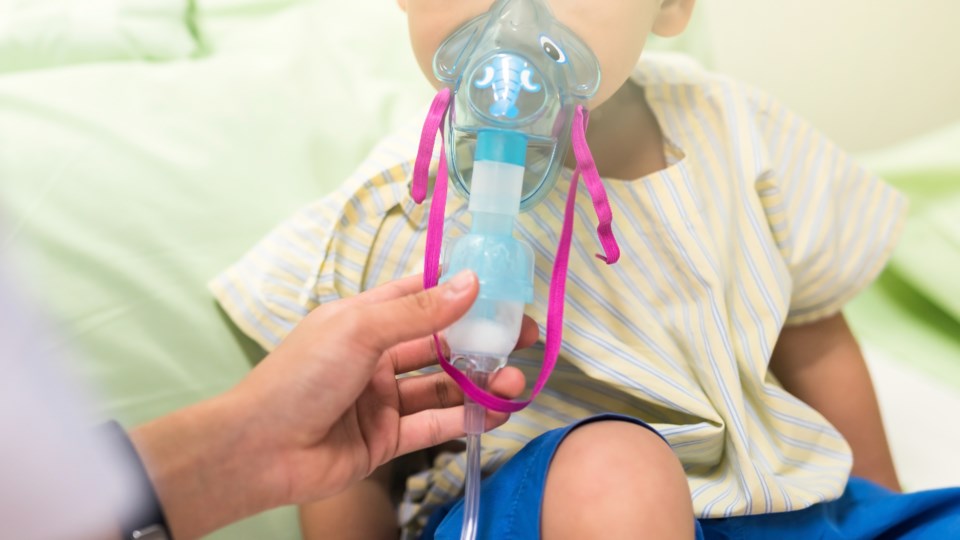Children’s Health recently announced a major spike in the respiratory syncytial virus, commonly known as RSV, in North Texas.
During the week of Oct. 26, Children’s Health saw a record-breaking amount of RSV cases, with 382 cases systemwide. This is a 205% increase since the week of Oct. 1, 2023. By Nov. 12, Children’s Health saw another massive amount of RSV cases, with 549 cases systemwide — a 339% increase.
According to the Centers for Disease Control (CDC), RSV is a prevalent respiratory infection typically associated with mild, cold-like symptoms. While many individuals recover within one to two weeks, RSV can pose a serious threat. Infants and older adults are particularly susceptible to experiencing severe cases, often requiring hospitalization. Children born prematurely are especially at risk for RSV.
"The airways in young infants are so small that any amount of inflammation can have a large effect on their ability to breathe," said Chief of Pulmonology and Sleep Medicine at Children's Health and Clinical Professor at UT Southwestern Andrew Gelfand, M.D. "When the small airways of an infant are inflamed, they swell and get clogged with mucus. Infants then have trouble getting the air out of their lungs, which can cause problems with oxygenation and significant wheezing."
Symptoms of RSV include but are not limited to cough, wheezing, rapid breathing, runny nose, fever and difficulty drinking. A swab test can be done to diagnose RSV. However, most doctors will diagnose RSV based on symptoms and prevalence in the community.
If your child is diagnosed with RSV, you can expect the symptoms to last about one week but they may last as long as two to three weeks. The best treatment for RSV is to focus on supportive care. Over-the-counter medications are not recommended to treat RSV, see a doctor before giving any medication.
The best way to protect children from RSV is with the vaccine given by their pediatrician. The latest preventive medication for RSV is nirsevimab, also known as Beyfortus. It is now included in the recommended vaccinations for all infants, boasting minimal side effects and comprehensive insurance coverage.
Nirsevimab provides protection against severe RSV infections for approximately five months. Given that RSV commonly spreads during the seasonal period from November to March, this shot is designed to safeguard infants throughout the typical RSV season.
"This is the first widely available RSV prevention medication and it's a huge advance," Dr. Gelfand said. "Studies show it decreases the risk of hospitalization for babies with RSV by 70% and reduces the need for intensive care by 90%."
If you believe your child has contracted RSV, contact their pediatrician for treatment options.




